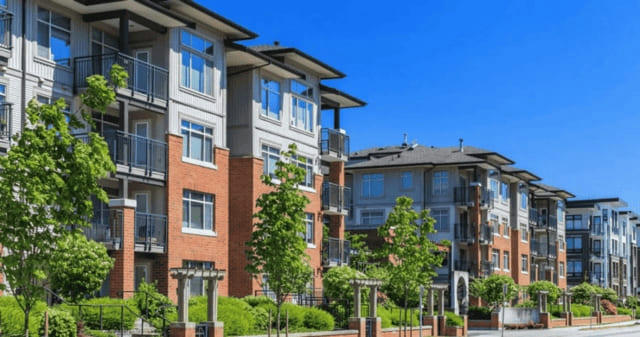Low-Income Housing for Seniors: Options and Resources

As seniors enter retirement, finding a safe, comfortable, and affordable place to live becomes a top priority. Many older adults live on a fixed income, making high housing costs a challenge. Fortunately, The HUD Section 202 program provides low-income seniors with affordable housing options, crucial for their independence and well-being. Complementary programs like Section 8 and public housing alleviate financial burdens, while community-centric alternatives offer progressive care levels. There are affordable senior housing options, whether through government-assisted programs, non-profit organizations, or private communities!
HUD Section 202 Program and Its Benefits
The HUD Section 202 program is a vital option for low-income seniors seeking affordable housing solutions. This program is specifically designed for seniors aged 62 or older, offering a rent structure based on 30% of the resident’s adjusted gross income. The aim is to maintain reasonable living costs while providing essential support services that foster independence, health, and well-being under varying living situations. Seniors interested in this program can benefit from coordinated services that enhance their quality of life, allowing them to live comfortably in a supportive environment.
Exploring Other Affordable Housing Options
Apart from HUD Section 202, there are several other programs available to assist low-income seniors. One such option is the Housing Choice Voucher Program (Section 8), offering subsidies to facilitate access to safe and affordable housing. Public housing and privately owned subsidized housing are also crucial resources that help alleviate financial burdens for eligible seniors by keeping rent costs reasonable for sustainable living. These programs are integral in ensuring that seniors do not face undue stress over housing expenses and can instead focus on their health and daily needs.
Non-Profit and Charitable Senior Housing
Many religious groups, charities, and senior advocacy organizations offer affordable housing options. These communities often include social programs, health services, and meal plans to enhance the quality of life for elderly residents. Some well-known organizations providing such housing include:
• Habitat for Humanity
• The Salvation Army
• Local church-based housing programs
How to Begin Your Search
Seniors should begin by assessing their specific needs and financial resources before applying for housing assistance. It’s crucial to understand what type of living arrangement is most suitable and how health insurance might cover related costs. Utilizing resources like HUD-approved housing counselors can provide personalized advice tailored to each senior’s financial circumstances and housing goals.
Continuing Care and Community Support
For seniors who prefer a community-centric living arrangement, Continuing Care Retirement Communities (CCRCs) offer an enticing option. These facilities provide a blend of independent living, assisted living, and skilled nursing care all within the same location. Although CCRCs come with upfront entry fees and ongoing monthly costs, they provide a seamless transition between different levels of care as needs change over time. Additionally, cohousing communities are rising in popularity as they emphasize collaborative living. Seniors design their communities, share common spaces, and help each other with daily tasks, promoting independence and mutual support.
Benefits of Affordable Senior Housing
Choosing affordable senior housing offers multiple advantages, including:
• Lower cost of living – Seniors can save money on rent, utilities, and maintenance.
• Age-friendly accommodations – Housing units are designed with senior-friendly features such as grab bars, step-free access, and emergency call systems.
• Access to amenities – Many affordable housing options include community centers, fitness programs, transportation services, and medical support.
• Social engagement – Senior housing communities provide opportunities for social interaction, reducing feelings of isolation and loneliness.
How to Find Affordable Senior Housing
Seniors and their families can explore affordable housing options through:
• HUD’s website to apply for Section 202 and Section 8 programs.
• Local housing authorities for information on public housing options.
• Non-profit organizations and senior advocacy groups that offer financial assistance.
• Online resources like the National Council on Aging (NCOA) and Eldercare Locator to find senior housing programs.
State and Local Support Programs
In addition to federal assistance, state and local resources play a significant role in supporting low-income seniors. In areas like Los Angeles County, seniors can access programs like the Project-Based Voucher Program, which provides rental options, and the In-Home Supportive Services (IHSS) Program, which assists with personal care and meal preparation enhancing living conditions. Such programs ensure that seniors can remain safely in their homes if they prefer, and they offer a bridge for seniors transitioning from homelessness to stable housing.
